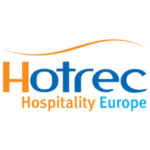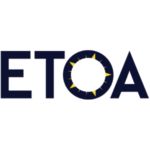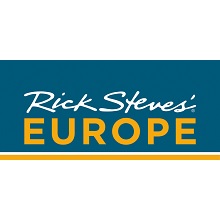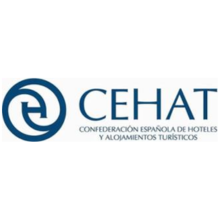Negative impact on Spain’s competitiveness of Royal Decree 933/2021



Tourism Governance in Europe
Negative impact on Spain’s competitiveness of Royal Decree 933/2021
Since the start of this year, Decree 933/2021 requires travel and tourism service providers to collect and report more client data* than any other European country.
It harms competitiveness, adds friction within the value-chain and increases costs. Together with partners we have made repeated representations to the relevant Ministries with no response. Due to concerns about the Decree’s compatibility with EU data protection regulation, the European Commission has been notified. This is serious, and it is also avoidable.
The impact is felt across the intra-European ecosystem of operators, DMCs, agents and hoteliers, as well as by those selling Europe in global markets. Business ranges from large B2B and B2C operators to FIT and niche specialists in small groups business delivering tourism across the continent throughout the year. Spain remains popular, but it is harder for operators to work with due to the extensive client data collection and reporting requirements imposed by the Decree.
For the domestic supply chain in Spain, especially small businesses, the Decree poses an impossible dilemma: risk non-compliance with EU regulation and consequent fines or comply with the exceptional demands of the Royal Decree. Regulation must be necessary, rational and proportionate. On current evidence, the decree is none of these and is harming a value-adding ecosystem that secures Spain value export revenue.
To illustrate the practical impact as 2025 progresses, below are some perspectives from Spain’s hoteliers, and from operators working with Asian and North American markets. For them, Spain is now an outlier in terms of business complexity. That is a risk. Where is the benefit?
For more information on ETOA and its initiatives, visit www.etoa.org.
Contact: policy@etoa.org
– Ends –
Notes to editors:
ETOA is a member–driven community of over 1,100 organisations, from global brands to independent small businesses, DMOs, industry partners and technical specialists. Supported by our supplier members and partners, we work on behalf of tour operators, wholesalers, destination management companies and agents to enable a sustainable business environment in which European tourism can thrive and grow. We design and deliver online and face-to-face events for members and partners, driven by our sophisticated appointment matching system. We lobby on behalf of our members and participate in public-private projects at EU, national and local levels, capitalising on our wide network among origin and destination markets.
*About the Decree:
The Royal Decree 933/202 requesting operators, hotels and rental companies to collect customers’ data (name, age, email address, etc.) when entering Spain, has come into effect on 2nd December 2024.
As per our understanding, according to the Royal Decree, obligated parties must transmit the data through the electronic procedure provided by the Ministry of the Interior at the following link. They also have to register in advance into Cl@ve, a digital ID system for securely accessing online government services. More information can be found here.
In the case of a property that is advertised and rented through an intermediary (such as a web platform), each party is required to transmit the information they possess and are obligated to report under the Royal Decree; however, when multiple intermediary entities are involved in the commercial relationship, the responsibility to report the data lies with the entity that has a direct and final contractual relationship with the customer.
The information below for each guest must be communicated within 24 hours of the following events:
- When the reservation is made, the contract is formalized, or, if applicable, cancelled.
- At the start of the contracted services.
- First name
- First surname
- Second surname (if applies)
- Gender
- ID document number
- Document reference number
- Type of document (DNI, passport, TIE)
- Nationality
- Date of birth
- Full address (Place of usual residence : city and country)
- Landline phone number
- Mobile phone number
- Email address
- Number of travelers
- Relationship between travelers (if any of them is a minor)




